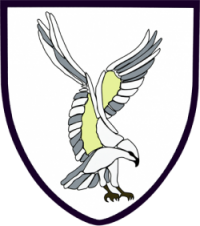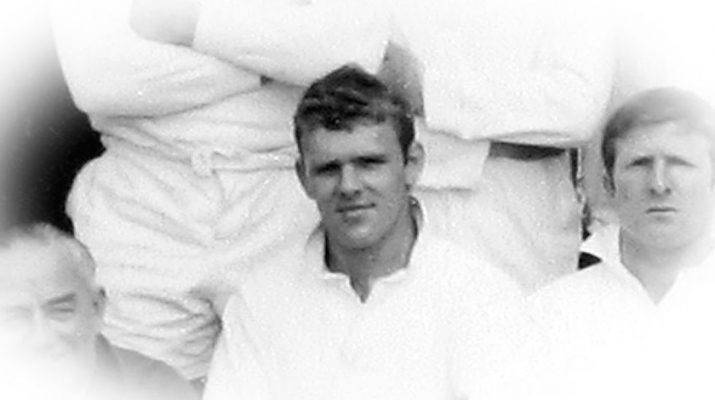All at Swansea RFC were saddened to hear of the recent passing of former ‘All white’ and Llanelli hooker Roy “Shunto” Thomas.
Roy “Shunto” Thomas hailed from Penclawdd on north Gower; a club that has produced many notable players over the years including Swansea’s Wales capped players Haydn Tanner, Doug Rees and Bryn Evans. “Shunto” was unfortunate not to have achieved a full Welsh cap during his playing career, having been reserve hooker to Wales and Lions hookers Jeff Young and Bobby Windsor and holding the unenviable record of sitting on the substitute’s bench no less than 26 times.
But he will be remembered in Swansea not for that unwanted statistic, but for his tough uncompromising play and his great sense of humour off the field. Additionally, “Shunto” appeared in 169 matches for Swansea’s first fifteen including being in the ‘All Whites’ team skippered by Mike Thomas who defeated Australia by 9 points to 8 at St Helen’s on 26th November 1966. With Mike Thomas off for part of the first-half being treated for injury, Roy and the other six Swansea forwards withstood a torrid onslaught from the Wallabies until their captain’s return to the field. It was a victory won by the forwards and Roy played his part. Roy’s sobriquet is said to have descended from his step-father: “He worked underground in the colliery, see, and he used to shunt the wagons around.” Roy explained
Roy also represented Swansea in their match against the 1969 touring Springboks, unfortunately a fixture remembered for the anti-apartheid protests and lost 0 – 12. Playing alongside the likes of Byron Mainwaring and Doug Jones, Roy completed an uncompromising Swansea front row and was a regular first team choice from 1966 to 1970, when he departed for Llanelli RFC appearing in 184 matches at Stradey Park, including completing his appearances against the southern hemisphere ‘big three’ in Llanelli’s 1972 win over New Zealand.
Regarding his self-belief in his abilities and where he stood in world rugby, despite the lack of opportunity on the biggest stages Roy asserted: “You can ask anybody my age who followed rugby and I out-hooked every hooker in the world,” he said. “I could get so many balls against the head because I was quick with my left foot. I was good with my lineout throwing too.” And who was his toughest opponent? “Nobody really. I didn’t fear anyone. When I played against Bobby, I used to out-hook him. Wherever I went, I was feted as No 1.”
Roy’s former captain at Swansea RFC Mike Thomas adds his thoughts on Roy as a teammate:
“Roy was a very hard and uncompromising player whose actions and performances said everything that needed to be said. The Swansea team that defeated Australia was down to the tremendous work mainly by the front row of Byron Mainwairing, Roy Thomas and Doug Jones who really took on the famous Australian front row, even when the pack was down to seven members for part of the game. Roy was a player that you could always rely on to give one hundred percent. Off the field he was the life and soul of the party, telling us many stories whilst delivering coal to his customers. He must have been one of the unluckiest players never to have been awarded a Welsh cap, in my opinion; it was something he thoroughly deserved.”
Roy was a regular at Swansea’s Former Players’ dinners and was present in 2016 at the 50th anniversary of the win over Australia. He also was presented on 28th September 2024 with his Swansea cap in acknowledgement of his having attained 100 appearances for the first fifteen.
Roy did retrospectively gain his coveted ‘President’s Welsh cap’ for his appearance in the 44 – 8 Tonga on 19th September 1974 – at that time an uncapped match. He also represented West Wales and the Crawshays invitational side and later spent some time coaching Penclawdd. Roy worked delivering coal in Gower as well as transporting North Gower’s famous cockles and some time spent working for British Steel. He was a great club man, determined player and thorough gentleman. He will be sadly missed and our thoughts are with his family at this difficult time.

